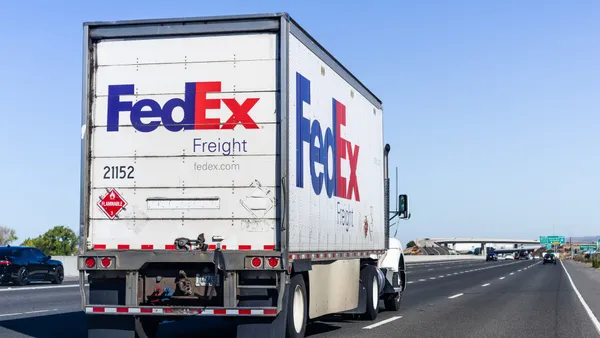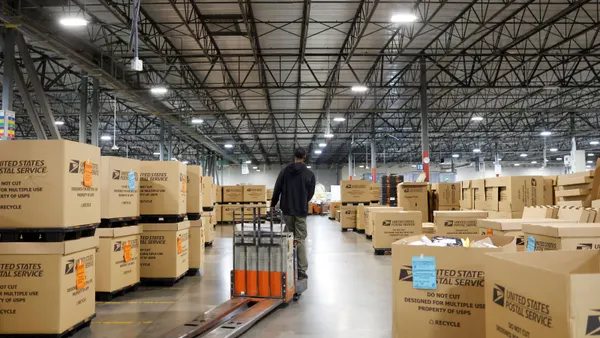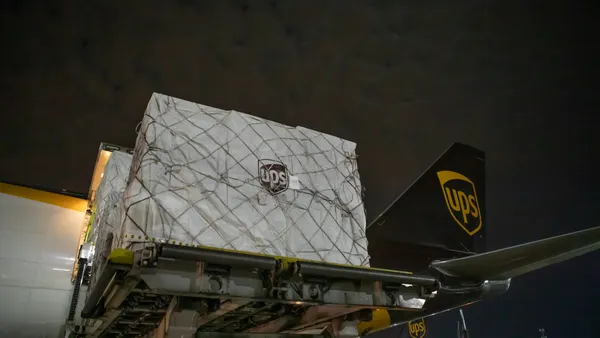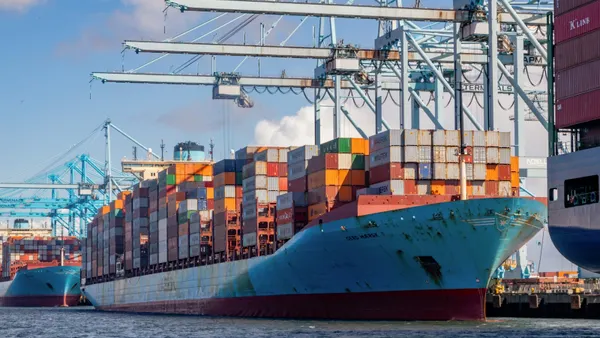Dive Brief:
- The International Civil Aviation Organization (ICAO) last week approved a historic global carbon emissions reduction scheme for the industry, in a move aiming to curb the industry's 2% contributions to global emissions a day after the Paris Climate Accords entered force, Reuters reports.
- The reduction scheme will be implemented in two phases, with a voluntary phase taking place between 2021 and 2026 and mandatory compliance for the 191-member countries beginning 2027. As of last week, 65 countries responsible for 80% of industry emissions had indicated they would participate in the voluntary implementation.
- The scheme is a cap-and-trade system wherein airlines must buy credits from select environmental projects worldwide, according to Reuters. Such a system will provide funding for additional initiatives while providing an economic incentive to offset emissions. Purchasing credits will reportedly cost the industry less than 2% of revenues.
Dive Insight:
International aviation is among the fastest growing sources of greenhouse gases. Without new measures, emissions are expected to triple by 2050, according to the Center for Climate and Energy Solutions; thus the need not only for rapid action but also active reduction.
Such market-based agreements are a popular method for reducing emissions because they allow companies to choose the most economically expedient way to meet an emissions target. Cap-and-trade is just one of the methods to reduce emissions, and is often hailed as the most effective given its ability to curb demand for greenhouse gases rather than slowing growth.
With the agreement, the aviation industry joins a global movement towards emissions cut despite having been left out of the Paris climate accords. Supply chain managers concerned about sustainability should hail the move and look to see which airlines are purchasing more credits as a sign of emission-compliance.











